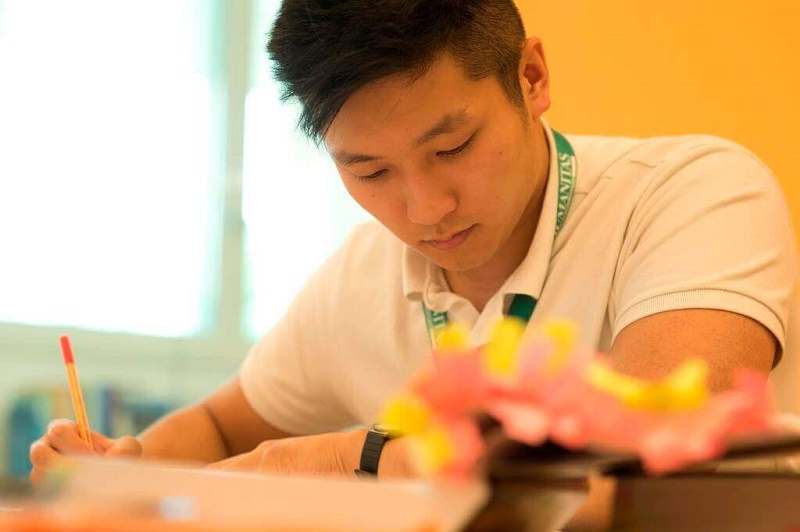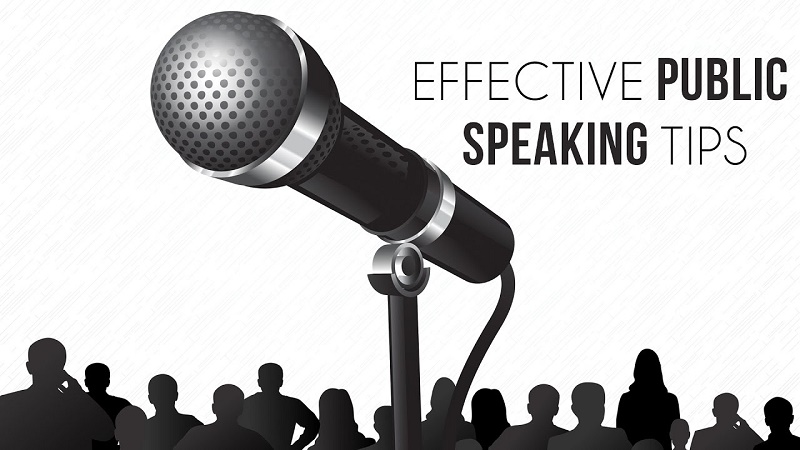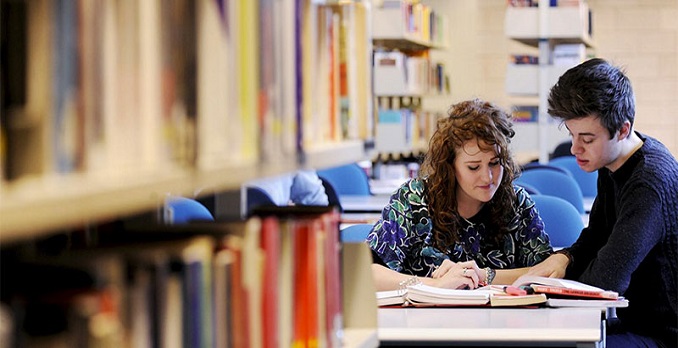June is a month feared by students. The end of the course arrives and, with it, the exams, something that shoots the student nerves to incredible limits. And it is that to do an exam, to demonstrate what you know and what you have studied, is not a dish of taste for anyone.
How to face exams successfully
That is when the dreaded anxiety appears, due to the pressure exerted on us by factors such as time or fear of failure. When anxiety levels grow exaggeratedly, it can be a problem for intellectual performance. In the following sections, you have some tips for overcoming the exam period without problems.

A good mental attitude
When facing an exam, not only must you have studied enough, but you must also be prepared mentally for the test. How we face the exam, can increase or reduce the level of stress, which will influence the results. Below, we offer some practical recommendations to control anxiety.
To start, you have to prepare the exam properly, studying in an orderly manner. If we are sure of our work, we will better control stress. Find the right place, set a schedule and respect the moments of rest. Study and review the subject. Remember that there are tricks to memorize texts.
The next aspect to keep in mind is the mental preparation we need. Being well prepared in this regard will help us reduce anxiety levels. You can use some relaxation technique like breathing properly. Avoid negative thoughts such as “I will not be able to approve” and focus on specific things you are doing.

Nerves under control
The day of the exam sleeps enough. What you have not studied before, you will not be able to study it when there are only hours left for the crucial moment, so relax and go with plenty of time to the place of the exam. Going to the race will only help to increase your nerves.
Try not to get too nervous during the test. Control your breathing and direct your thoughts to the test. Read the questions carefully (many errors come from not reading carefully). Control the time you have to answer, but do not rush to the crazy. Once finished, read the exam to detect any possible failure. Finally, go to celebrate that you have a less-than-done exam. You have earned it!

The place
Although here there are individual preferences (room, library), I left the library to make notes and schemes and in the room is where I better studied these schemes later, Professor Javier Lavilla tells us that whatever the chosen place, this should have some minimum requirements. It is convenient that there is an environment that invites concentration and avoids dispersion. It is recommended that it is well ventilated and illuminated (sunlight or artificial). Of course, ambient noise should be minimal.
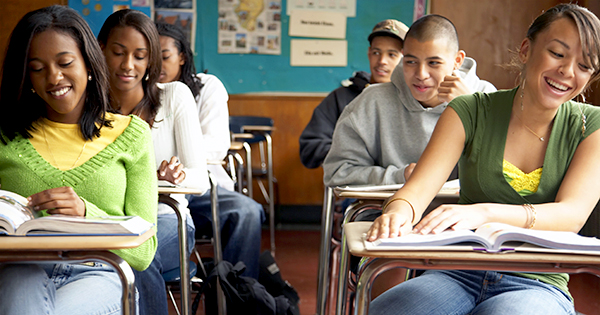
Our table or study desk
The height of our study table should allow us a comfortable and adequate posture for the study, avoiding the inclined positions. The arms should rest on the surface, forming the elbow at an angle of 90º and it is convenient to place the study table in front of a wall or window without views to avoid distractions.
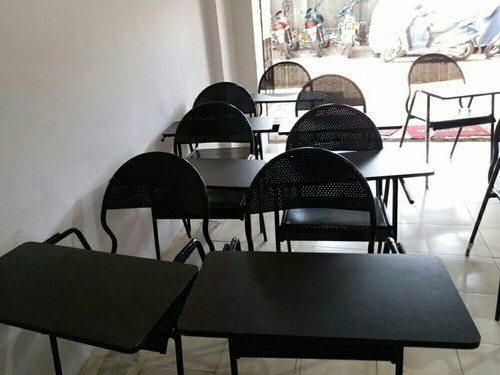
The study chair
The ideal is that the chair in which we study can be regulated in height and lumbar support. It is a very important element when it comes to avoiding the appearance of a feeling of premature fatigue. The objective is to obtain an upright position, with a straight back, for which lumbar support that facilitates this position is beneficial. If the chair forces to be continuously inclined, muscle discomfort can be triggered.
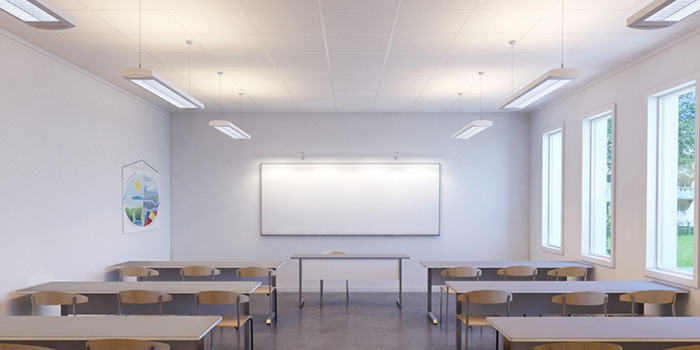
The light of the study room
The light bulb must be located above the head, in such a way that it illuminates the study area or the gaze area vertically. The most recommended bulb is blue, which emits completely white light. Its power may be limited by the lamp itself, although 60 W is usually sufficient. Excessive power will generate too much heat.

